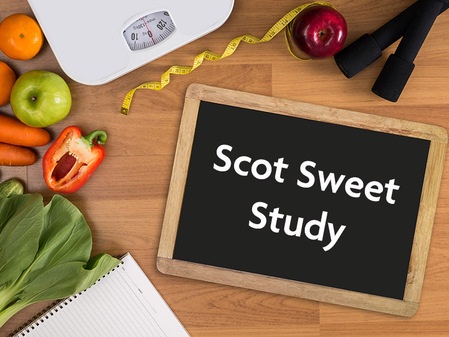A new research study from the University of Aberdeen Rowett Institute will look at how artificial sweeteners could be affecting gut health.
Scientists, led by Professor Alexandra Johnstone, are keen to explore the metabolism of sucralose – a sugar substitute – and its impact on our gut microbiota, the community of small bugs and their metabolites that live in the gut and offer protection from some diseases such as colon cancer.
The project, which is funded by the Scottish Government as part of the ‘Healthy Diets for a Healthy Weight’ research theme, requires a number of volunteers to help scientists carry out their research.
Professor Johnstone said: “In recent months, there has been a lot of interest in diets that use artificial sweeteners, with the World Health Organisation recommending against the use of non-sugar sweeteners to control body weight due to potential side effects from long-term use such as an increased risk of type 2 diabetes and cardiovascular diseases.
“In our study we are looking to see what effect sweeteners have when they are consumed with and without fibre, and the impact of this on our gut health. We believe fibre may protect the gut, and this is what we will examine.”
As part of their research, Professor Johnstone and her team are currently recruiting members of the public to take part in the Scot Sweet Study.
She continued: “In order to carry out this study, we do require the help of volunteers, who will be provided with three different diets to consume over the six-week study period. Participants will be given a full report detailing the results of their weight loss, and we would hope that they would see an improvement in their health after taking part”.
For more information on volunteering, please visit Scot Sweet Study | The Rowett Institute | The University of Aberdeen (abdn.ac.uk)


